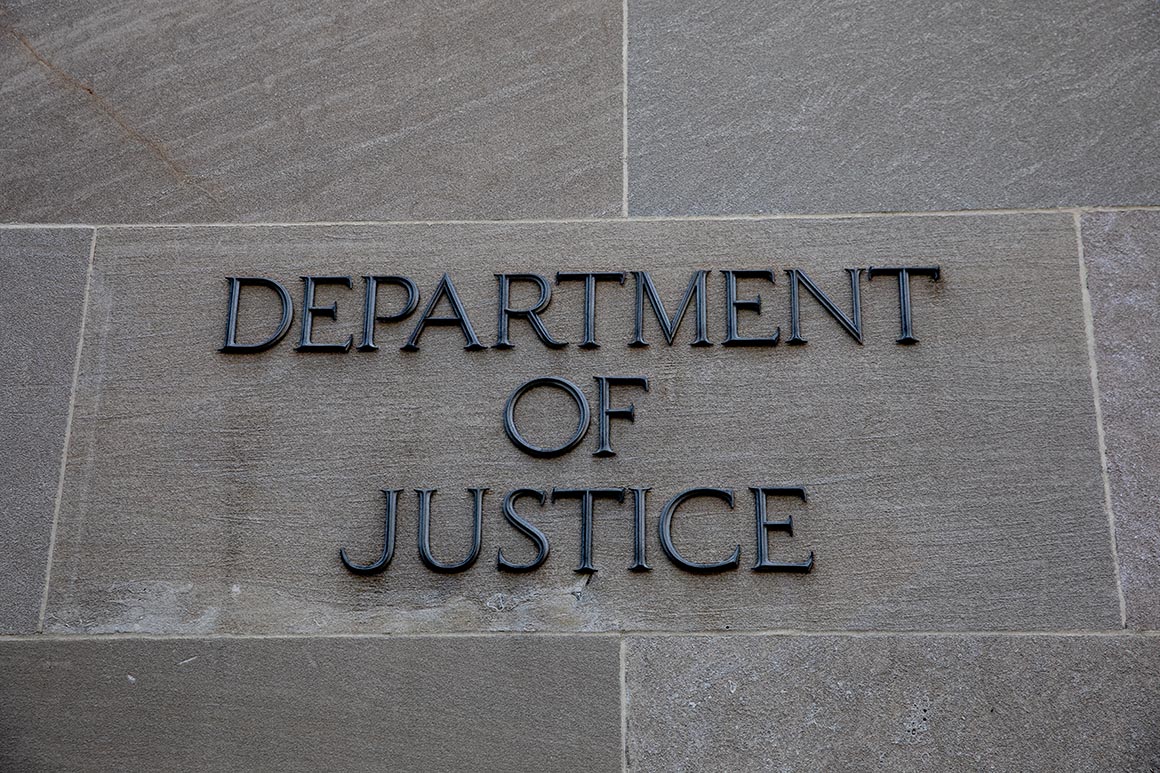SSU dismantles an infowar botnet. HIMARS, atrocities, provocation, and disinformation. A Russian disinformation mouthpiece raises the prospect that there are highly placed traitors in the GRU. Rewards for Justice works toward securing elections from Russian meddling. The case that Russia’s war is genocidal. The case that pan-Slavism has found wayward, but sincere, expression in Mr. Putin’s war.
At a glance.
- SSU dismantles an infowar botnet.
- HIMARS, atrocities, provocation, and disinformation.
- A Russian disinformation mouthpiece raises the prospect that there are highly placed traitors in the GRU.
- Rewards for Justice works toward securing elections from Russian meddling.
- The case that Russia’s war is genocidal.
- The case that pan-Slavism has found wayward, but sincere, expression in Mr. Putin’s war.
Ukraine claims to have taken down a massive Russian bot farm.
The Security Service of Ukraine (SSU) says it dismantled a large Russian botnet operation that was being used to spread Russian propaganda and disinformation. The bots, about a million strong, were herded from locations within Ukraine itself, in the cities of Kyiv, Kharkiv, and Vinnytsia, BleepingComputer reports. Their output took the form of social media posts from inauthentic accounts associated with fictitious personae. The SSU describes the operation as follows: “Their latest ‘activities’ include the distribution of content on the alleged conflict between the leadership of the President’s Office and the Commander-in-Chief of the Armed Forces of Ukraine as well as a campaign to discredit the first lady. To spin destabilizing content, perpetrators administered over 1 million of their own bots and numerous groups in social networks with an audience of almost 400,000 users. In the course of a multi-stage special operation, the SSU exposed the leader of this criminal group. He is a russian citizen who has lived in Kyiv and positioned himself as a ‘political expert.’”
On the other side of the information war, BleepingComputer also reported earlier this week that Ukrainian hacktivists, “Torrents of Truth,” were bundling instructions on how to bypass Russian censorship into movie torrents whose intended audience would be Russian viewers.
HIMARS, atrocities, provocation, and disinformation.
The killing of Ukrainian prisoners of war in Olenivka is by now clearly a Russian atrocity–the prisoners were apparently murdered by their captors. (And we note in passing that the International Committee of the Red Cross still has not been given the access to the prison international law requires.) The prisoners did not die in a…



